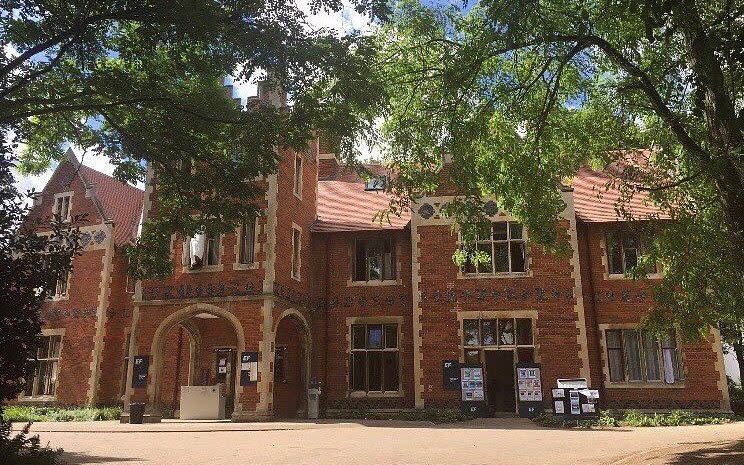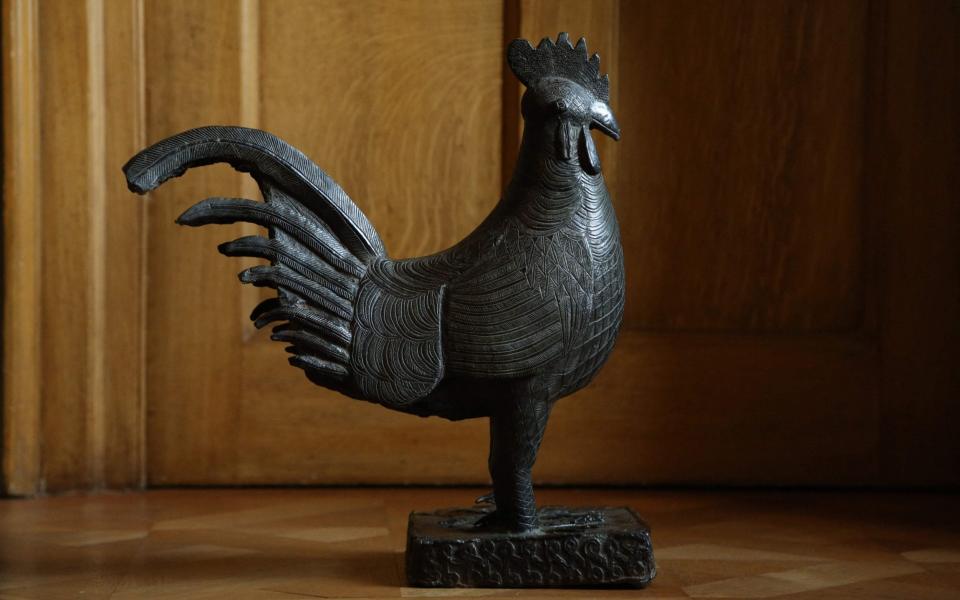No known links to slavery ... but Cambridge college decolonises anyway

A Cambridge college has renamed student halls known as “The Colony” over concerns about being associated with slavery.
Clare College said that the name of the accommodation had “connotations which do not reflect the values of the college”. It was unable to confirm whether the site had direct links to slavery.
Students believed it became known as “The Colony” because its distance from the college means it is seen as an “outpost”.
A professor at the university told The Telegraph that the origins of the name were not widely known, but suggested that it could have originated from students as an abbreviated version of “penal colony” because they thought they had been unlucky in the rooms’ ballot given its distance from the college.
Alumni of Clare College include Sir David Attenborough, who studied zoology and geology, and Sir Tim Hunt, the Nobel Prize-winning scientist.
The residences known as “The Colony” include Castlebrae, a Victorian property built as the home of Agnes Smith Lewis, a palaeographer and influential campaigner for female emancipation, and the Rev Samuel Savage Lewis, her husband. It was converted into student accommodation after she died in 1926 and two further houses were added in the Fifties and Eighties.
A spokesman for the college said that the accommodation would be renamed “Castle Court”, adding: “It has become increasingly clear that the informal name for the site between Chesterton Lane and Castle Street has connotations which do not reflect the values of the college.”
Free speech campaigners criticised the decision to rename the property. Toby Young, the general secretary of the Free Speech Union, said: “If Clare College genuinely cares about this issue, why doesn’t it campaign against modern forms of slavery, like the internment of over a million Uyghurs and other Turkic Muslims in labour camps by the Chinese authorities?”
He said that the college should refuse to accept grants or donations from organisations linked to the Chinese government, adding: “Renaming part of its vast property empire is pointless virtue signalling. It costs them nothing and benefits no one.”
A Whitehall source called the decision “a pathetic capitulation to the cult of wokery”.

The decision to rename the college was first reported by the BBC. Cambridge launched an inquiry two years ago into its historical links with slavery. The inquiry is due to report this year.
Several other colleges have sought to rename parts of their estates with links or perceived links to Britain’s colonial past. Jesus College has returned a bronze cockerel that was looted from Africa in the 19th century, following a successful campaign from students to reject the “spoils of war”.
The college also spent £120,000 on a failed effort to remove a memorial to Tobias Rustat over his links to slavery, and claimed that the plaque amounted to a “serious obstacle” to its ability to provide “a safe space for secular College functions”.
Elsewhere, St Catharine’s College removed a historic bell which was donated by alumnus Edward Goodland in the Sixties because the college believed it “most likely” came from a slave plantation.

 Yahoo Movies
Yahoo Movies 
